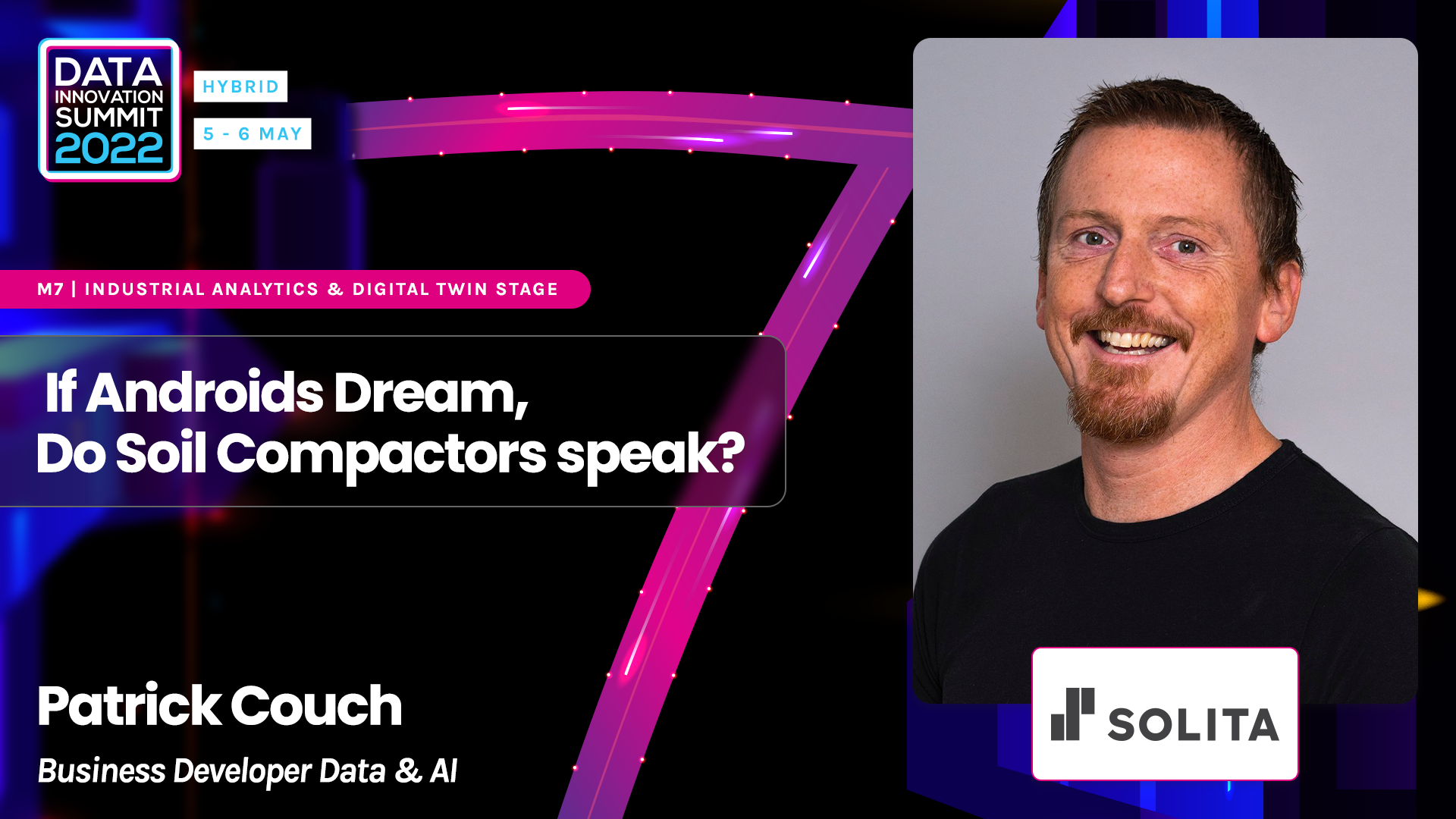

Session Outline
Almost 20 years after Alan Turing’s seminal 1950 paper “Computing Machinery and Intelligence” in which he asked “Can machines think?”, sci-fi writer Philip K Dick asked the question “Do Androids Dream of Electric sheep?” Today, thinking machines and dreaming androids still belong to the field of science fiction. However, the digitalization of the material world has undeniably given a voice to machines, and today anything from cars to elevators talk. But as new technologies supercede and make obsolete current tech-paradigms (as when electricity displaces combustion as a means of power generation), how do we ensure that there are any humans around who understand these old technologies and can serve and maintain them and give them the tender loving care they need to keep performing?
Key Takeaways
Machines do talk. Using advanced digital technologies we can make sense of what they have to say. Understanding machines makes it possible for operators to improve performance, diagnose faults and improve KPIs, such as Overall Equipment Efficiency (OEE), First Time fix Rate (FTFR) and Mean Time Between Failures (MTBF). In order to ensure that traditional machines such as combustion engines keep performing even as this technology becomes outdated, we need to augment the humans (such as the service technicians) interacting with them and provide them with the means to understand what the machines tell them.














Add comment